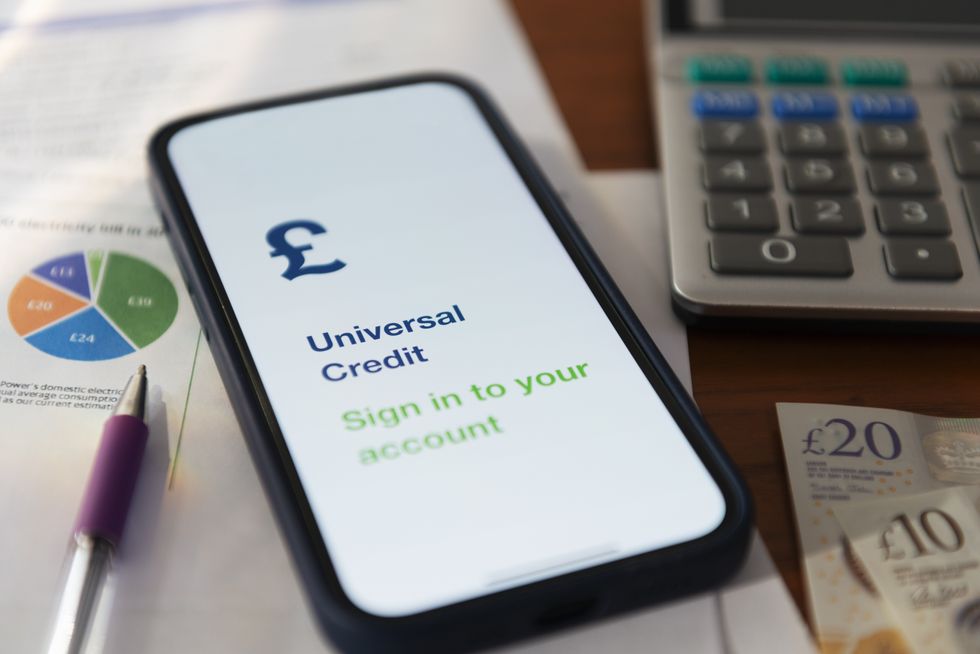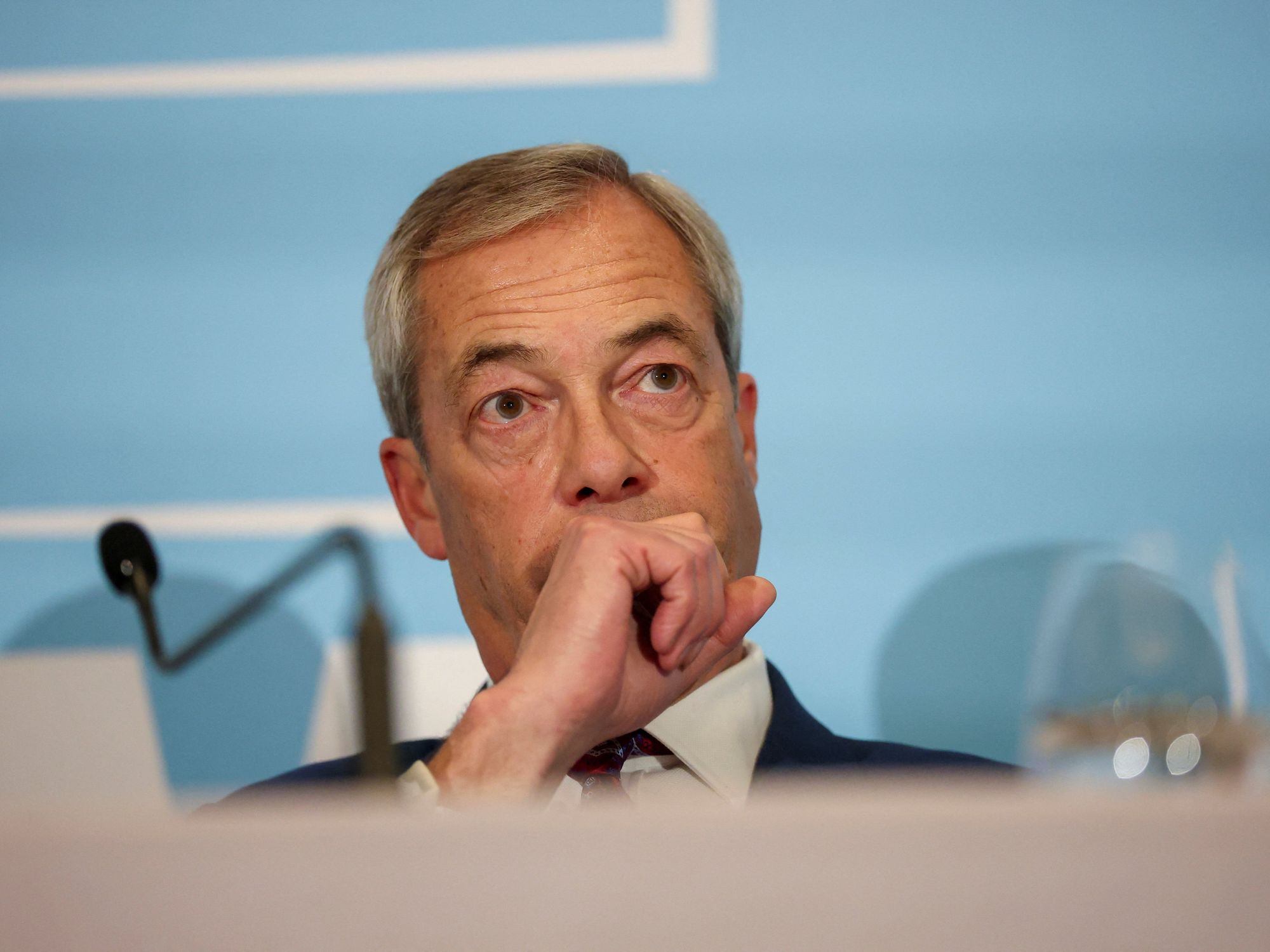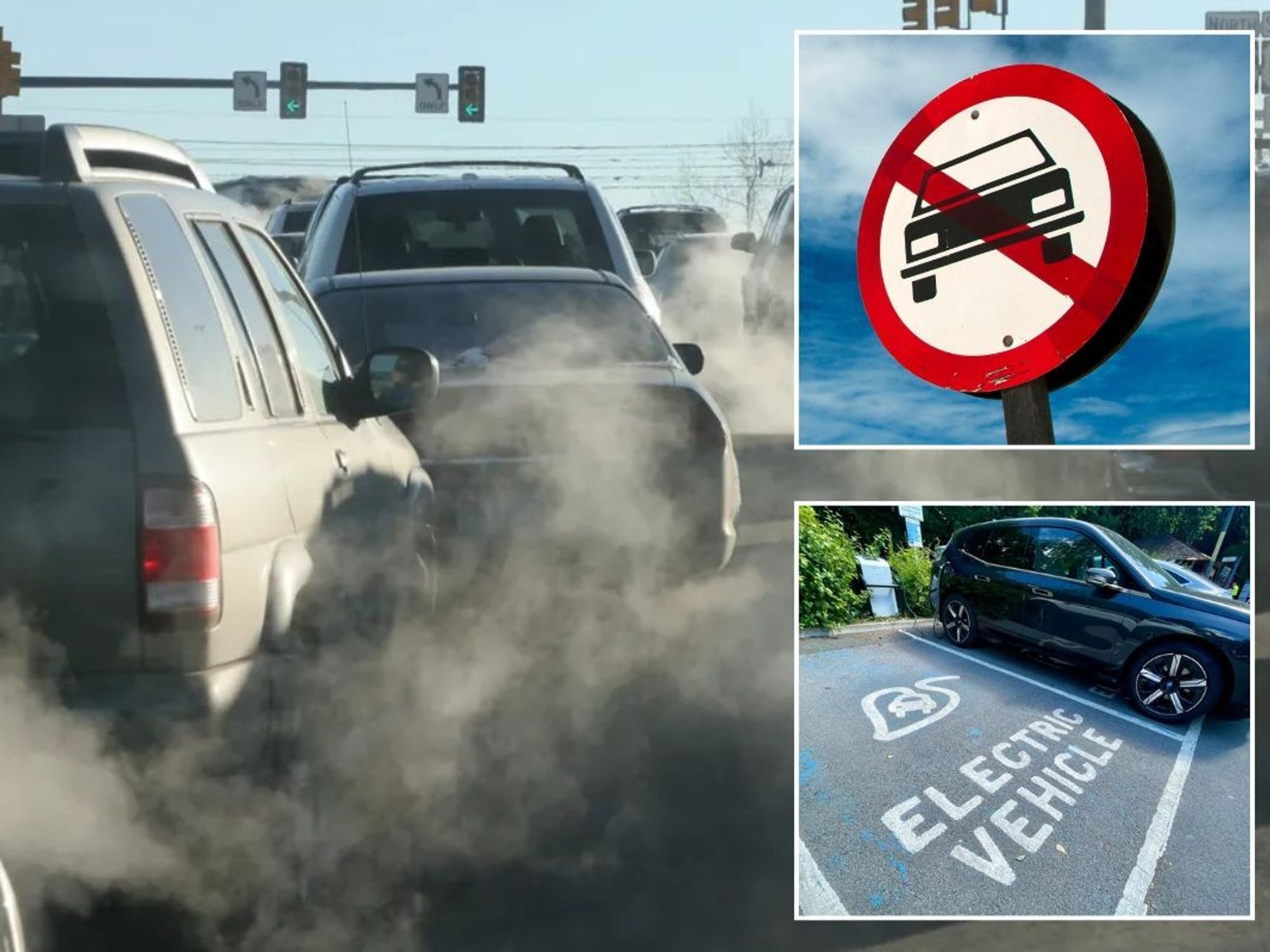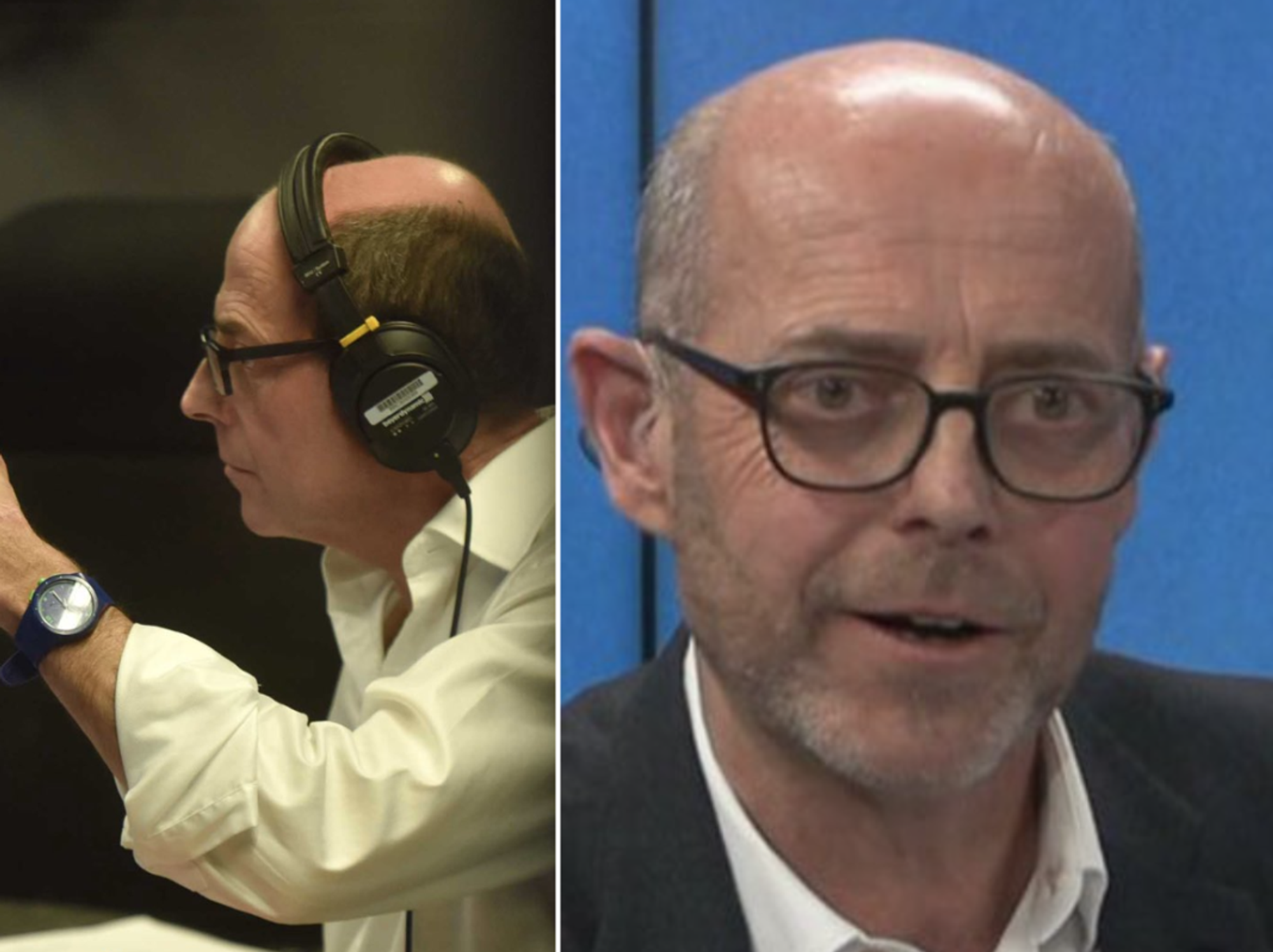Universal Credit payments slapped with 55% tax rate as claimants 'made worse-off'

Universal Credit claimants hit with 55 per cent tax charge
|GETTY

Universal Credit is the primary benefit payment administered by the DWP but some claimants are getting their money deducted
Don't Miss
Most Read
Latest
Universal Credit claimants are at risk of being slapped with a 55 per cent tax charge which experts are urging the Government to "relax".
Those claiming the means-tested payment from the Department for Work and Pensions (DWP) are hit with this levy if they start working while in receipt of the benefit.
During yesterday's King Speech, Labour unveiled their plans for the economy with an emphasis on getting the unemployed back into the workforce.
Earlier today, Chancellor Rachel Reeves reiterated that tackling unemployment is a top priority for the Government going forward.
She explained: "Economic growth is our national mission and getting people back into work is central to that
“It is the best way to improve living standards for everyone, which is why I have already taken action to fix the foundations of our economy so we can rebuild Britain and make every part of our country better off.”
Do you have a money story you’d like to share? Get in touch by emailing money@gbnews.uk.
 Funeral costs are rising amid the cost of living crisis | GETTY
Funeral costs are rising amid the cost of living crisis | GETTY Experts from Blick Rothernberg are suggesting the 55 per cent tax charge should be "relaxed" to encourage benefit claimants to get a job.
If a Universal Credit or their partner are working, how much they will receive is dependent on how much they earn each month.
This is referred to as "assessment periods" which starts on the day someone makes an initial claim.
Claimants are able to check how Universal Credit they are eligible for by checking their online accounts.
Benefit payments will reduced as their wages go up, and increase again if they decide to stop working or their wages go down.
Under the current tape rate, for every £1 a claimant earns, their payment falls by 55.
This amount is automatically taken away from their Universal Credit payment.
Robert Salter, a technical director at Blick Rothenberg, outlined why brining this tax rate down may be on the cards.
He explained: "Will the Government relax the effective 55 per cent tax rate (in terms of a reduction in an individual’s Universal Credit payment), which can presently apply when a UC beneficiary works a few extra hours?
"Given that the top rate of income tax in the UK is officially 45 per cent - and most people pay income tax at considerably lower rates than that – it is clearly inequitable that UC recipients – people who innately have lower incomes than most - can have a headline ‘tax rate’ of 55 per cent.
LATEST DEVELOPMENTS:
 Universal Credit claimants have been impacted by the policy | Getty
Universal Credit claimants have been impacted by the policy | Getty“This clawback of Universal Credit means UC claimants may be worse off if they work more hours, especially as they can also be liable to PAYE and NIC in addition to the 55 per cent clawback referred to above, which is counter-productive if your goal is to decrease underemployment.”
The tax expert highlighted that Labour has yet to confirm what is plan for tackling unemployment will actually entail.
Salter added: "It is interesting to note that the Government has specifically promised to focus on getting the unemployed (and under-employed) back into work, as part of the recent King’s Speech.
"Whilst no one could seriously challenge the need for the Government to get the unemployed and under-employed back into the Labour Force (or more fully engaged in the Workforce where they already work some hours), it will be interesting to see what this policy announcement actually means in practice.”










